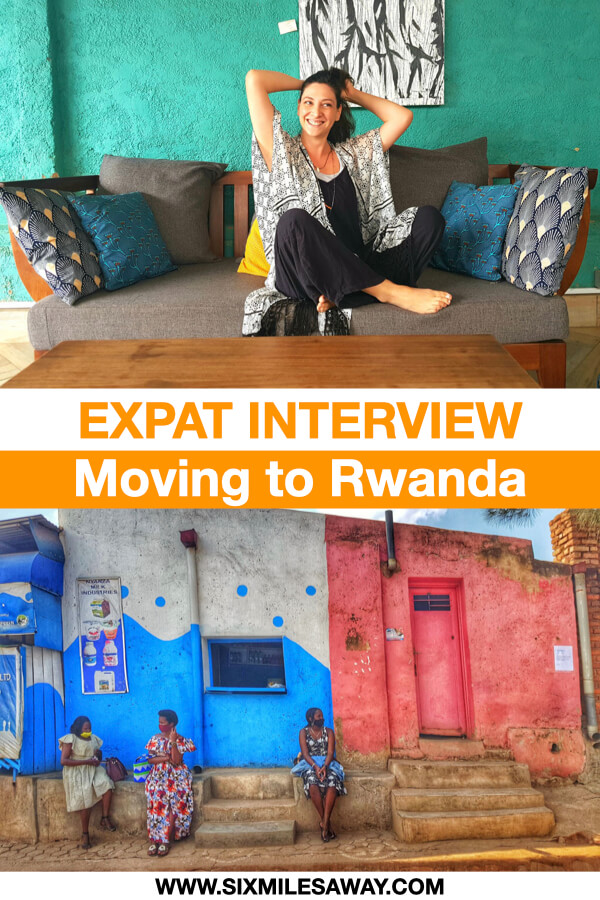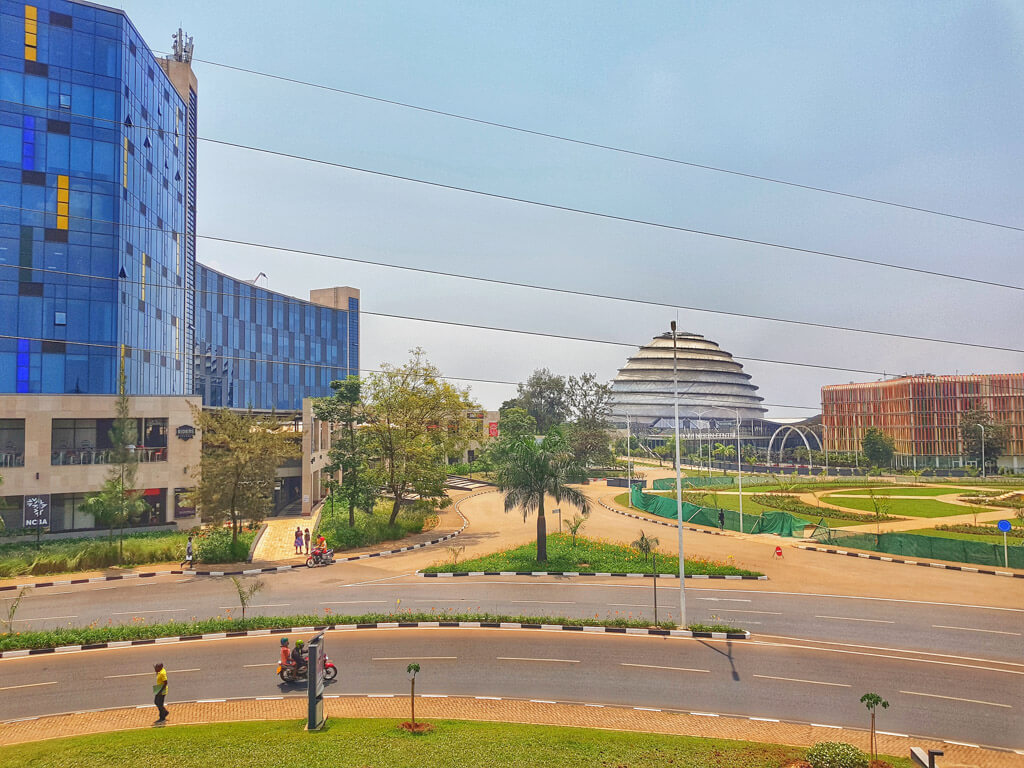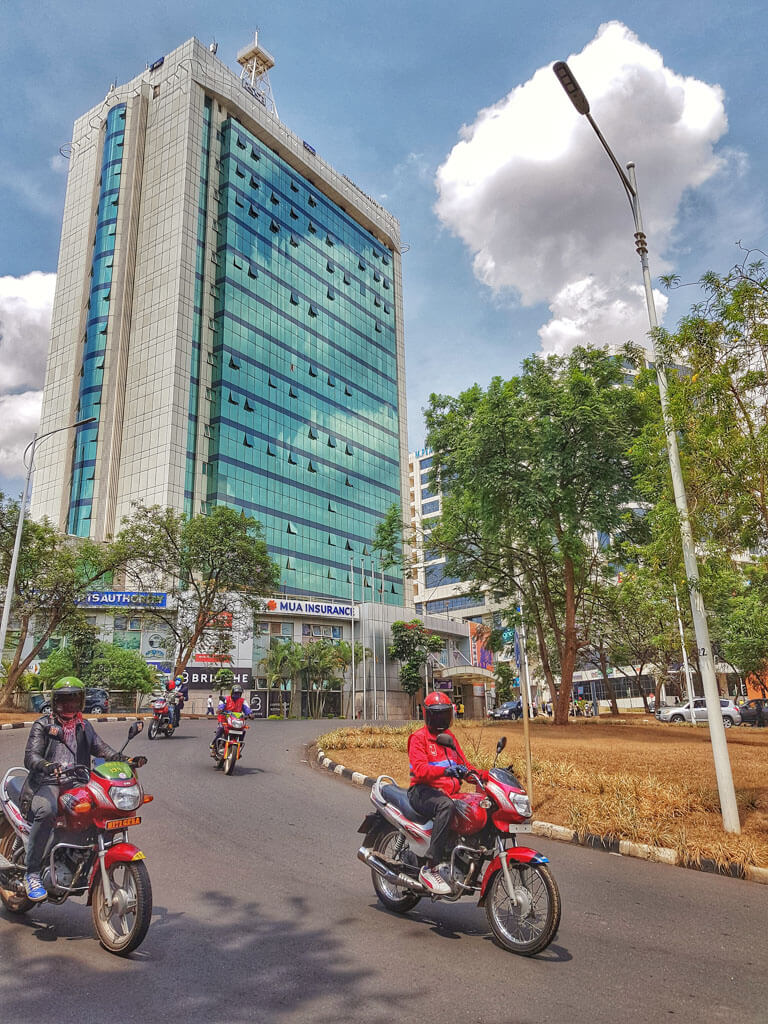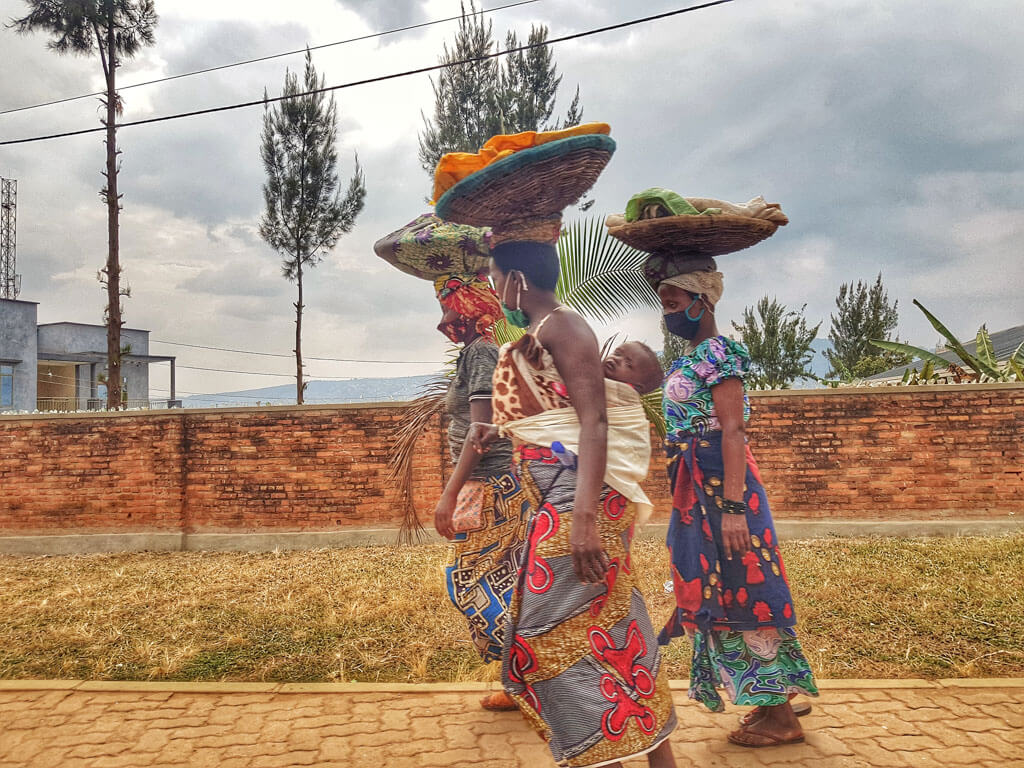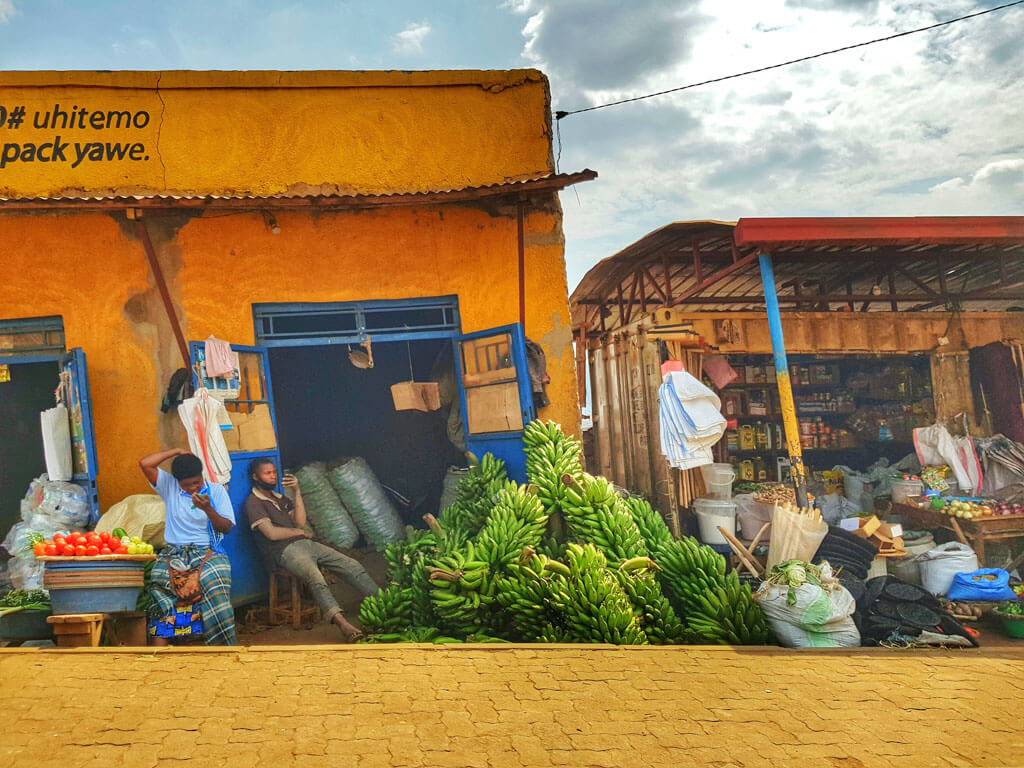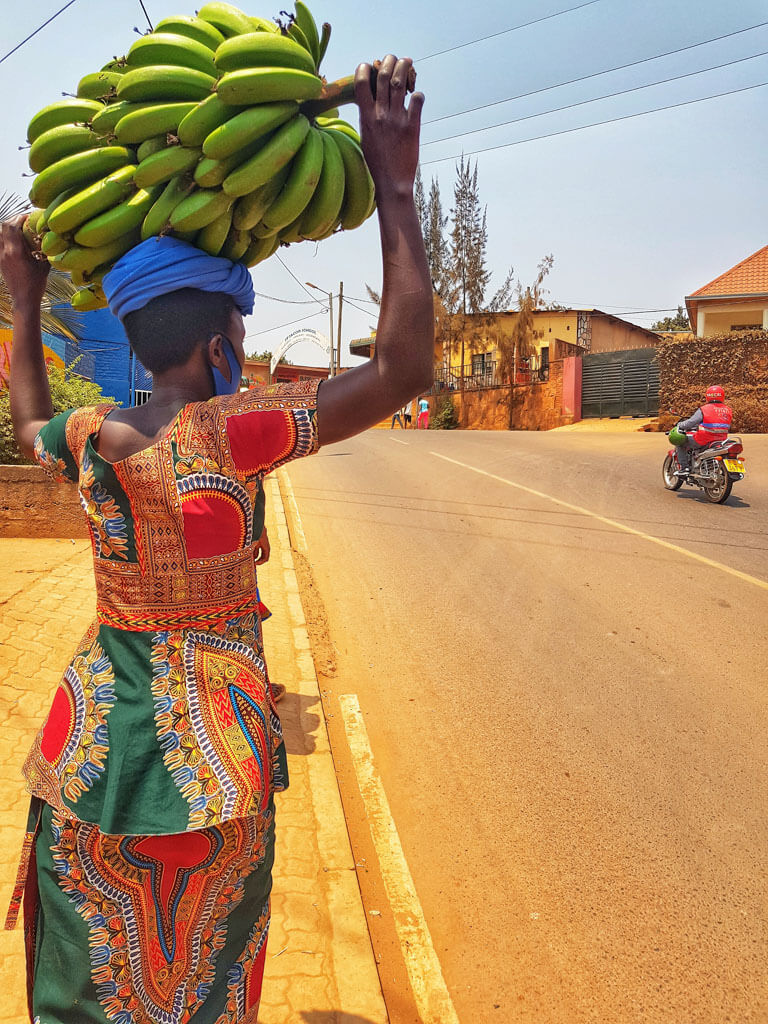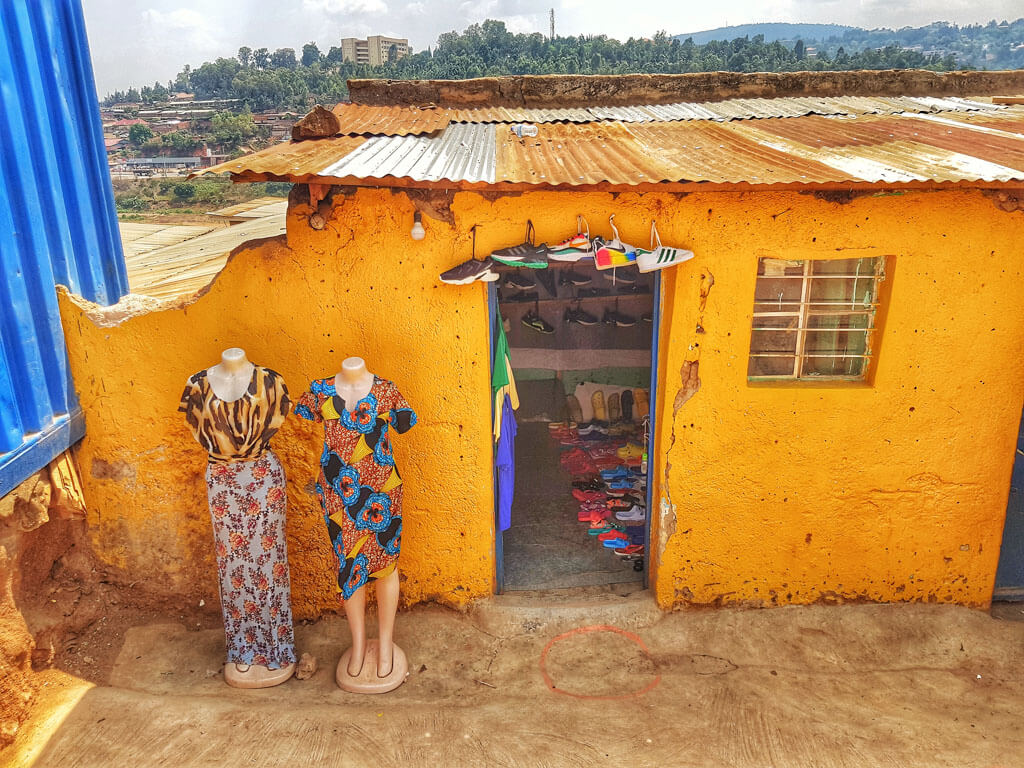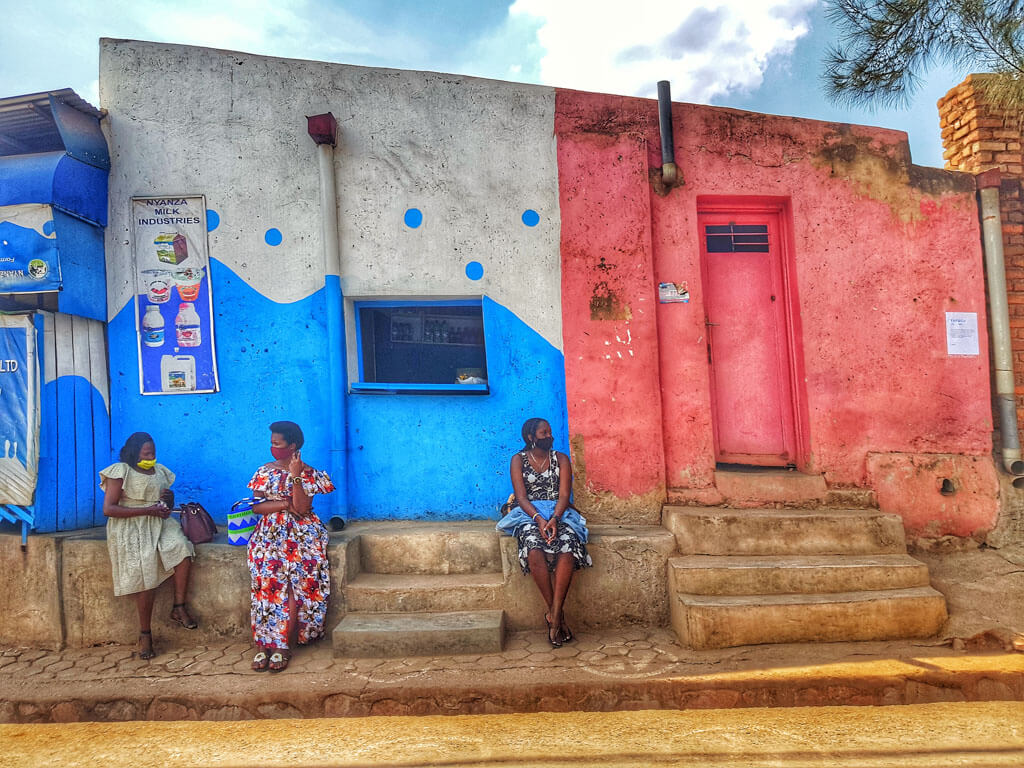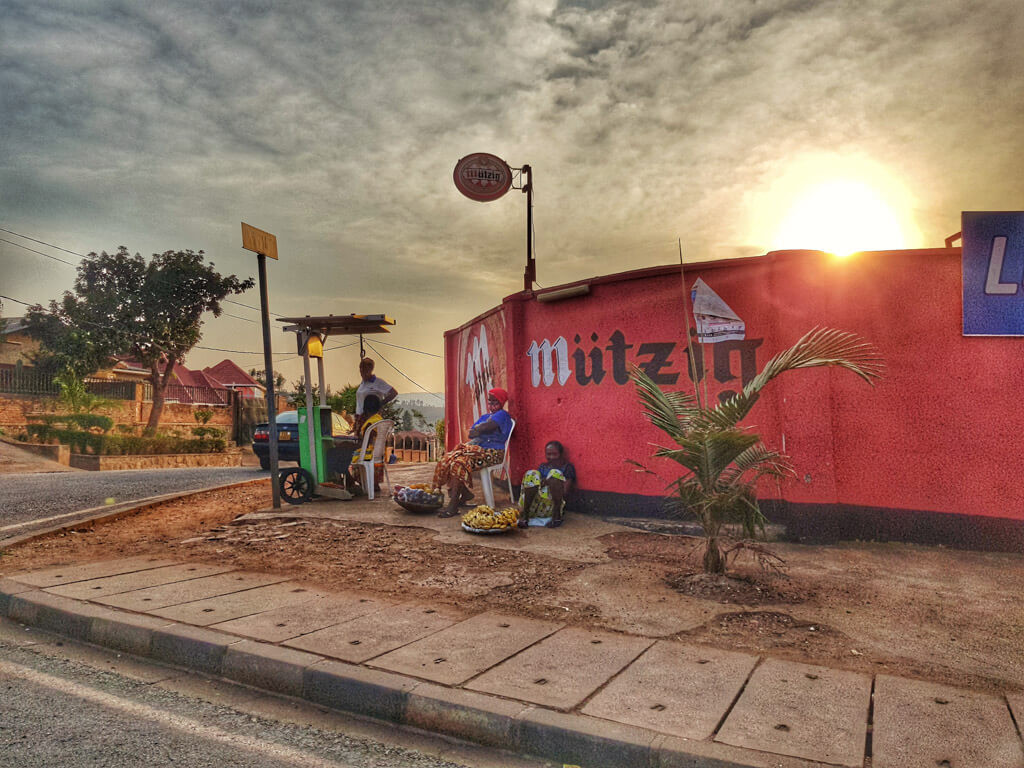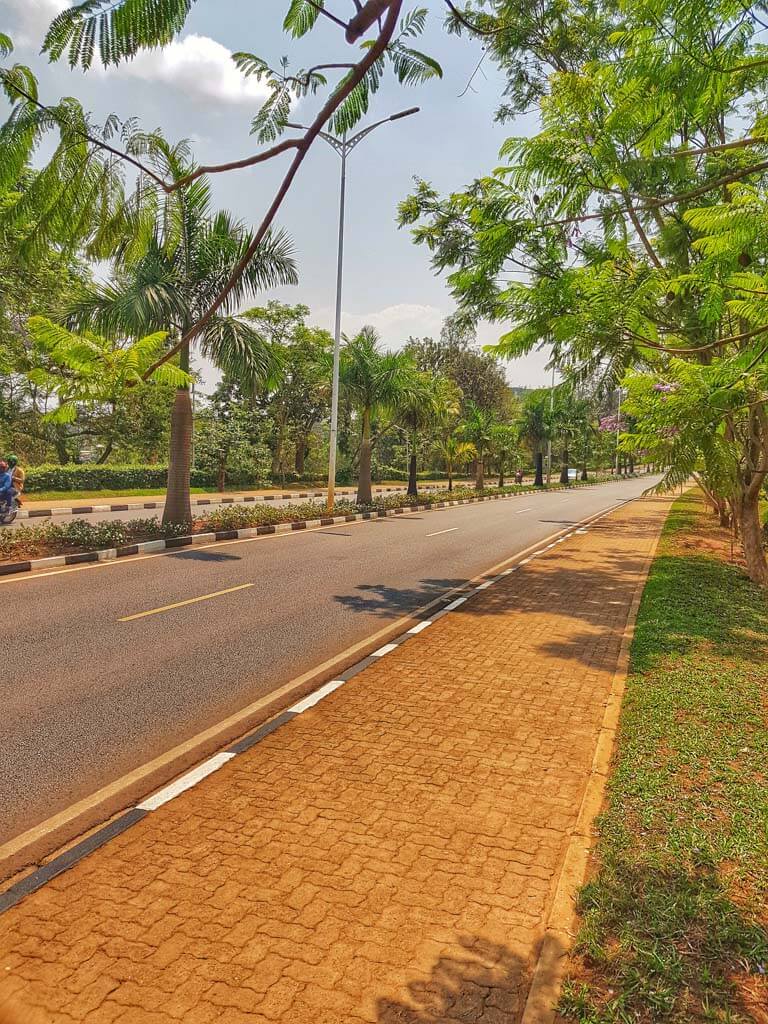Poverty, lack of technology, corruption, desert, and slaves are just a few examples that come to people’s minds when thinking of Africa. But is that really true?
I have asked Kelly to tells us more about expat life in Rwanda including challenges, language, and cultural barriers, local dishes, costs of living, and much more.
Hi Kelly, tell us about yourself…
Hi everyone, I am Kelly and I am 32 years old. I was a military nurse in Greece when I met my husband and decided to follow him abroad. We lived in Munich for 4 years and then we moved to Rwanda. I love traveling (I have visited 25 countries so far) and I am a fervent book lover.

What was the main reason for moving to Rwanda?
It was mostly the weather. After 4 years in Germany we desperately needed a change to somewhere warm, and Rwanda is a country with rapid development and a virgin market full of opportunities. My husband started a new business here and I was making my first steps as a travel planner when Covid-19 hit.
Is it easy to connect with locals or are there any barriers?
The locals that speak English, which are many, are very friendly and accommodating and easy to connect with. Also, it’s very easy to connect with the big and very vibrant expat community here.
How about the cost of living?
That really depends. If you can adjust to the local way of living, life is really cheap here. But if you can’t live without the products and services you were used to, your favourite shampoo for example, the cost of living will increase significantly.
Everything made in Rwanda, all the local products have a very low price. You can buy a big, fresh pineapple for 80 cents. You can buy a custom-made dress for 10-15 euros. But everything imported is very expensive.
Housing can also be very cheap or very expensive, but most young people share a house. A room in a big house with a huge garden ranges between 200-400 euros, including bills and a housekeeper (very common here)
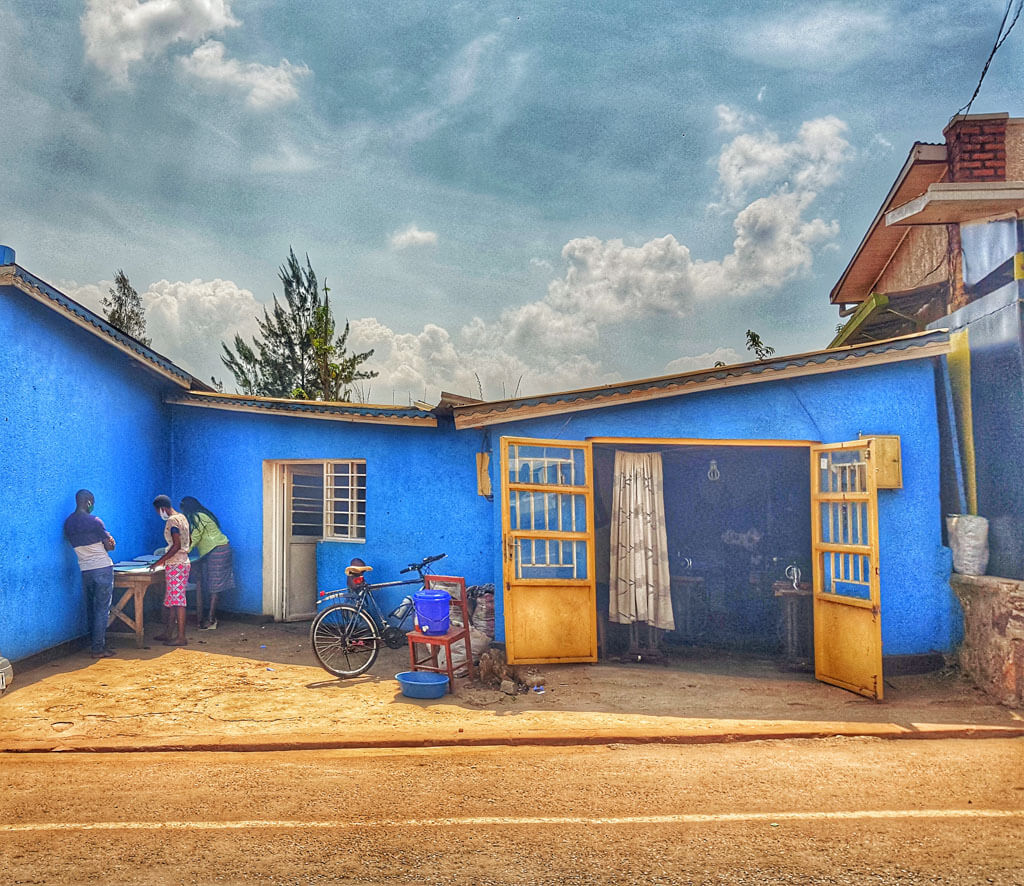
What is your favourite and least favorite part about living in Rwanda?
I have to say the best thing about living here is how safe I feel as a woman. There is a lot of respect for women, zero catcalling and street harassment and I just love walking around without worrying about that.
What I don’t like is how bad product availability can get. I was looking for cocoa powder for weeks in every store and then suddenly it became available again everywhere, but no one knows for how long. This happens often with many products.
What was the biggest culture shock for you?
The way people drive. Especially the taxi motos, the main means of transport in the city, which are everywhere and always in a hurry. It can get crazy and it takes some getting used to.
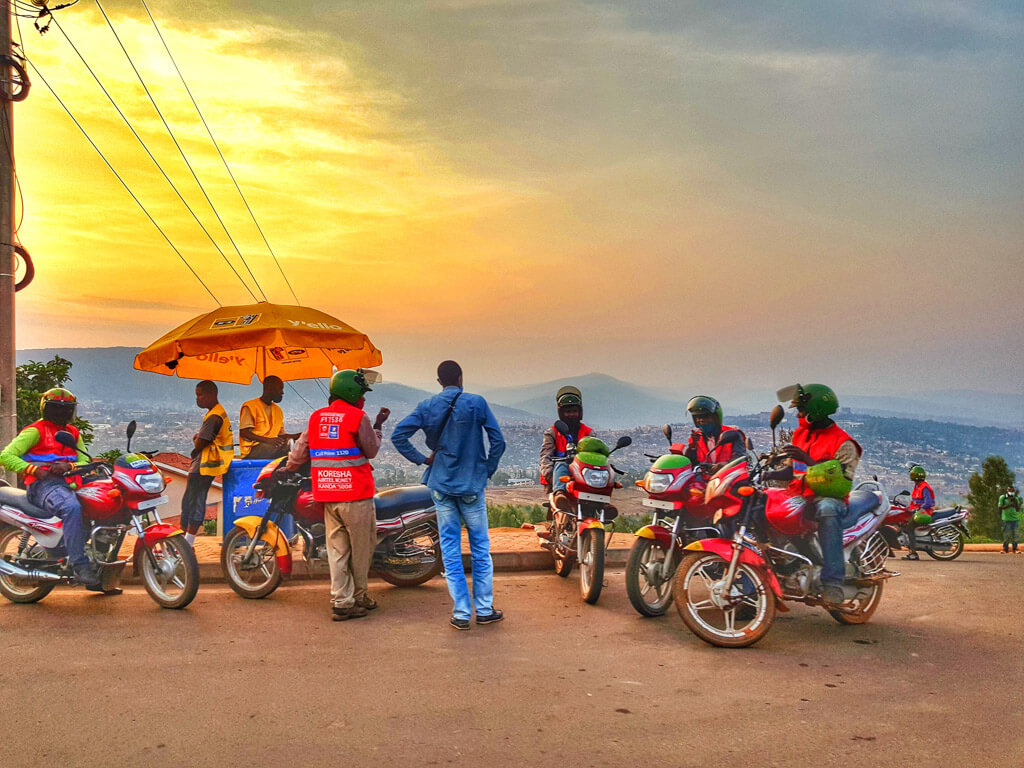
What is your favorite local food?
When it comes to Rwanda and food it’s all about tropical fruits. Rwanda is an organic-food lover’s paradise, straight from the trees and the gardens to you. I can’t get enough of the small bananas and the pineapples. The local cuisine is very healthy and simple, mostly beans, rice, and vegetables.
What is the most annoying stereotype about Rwanda people that you found out not to be true?
The usual stereotype about Africa. People hear about Africa and only poverty comes to their mind. When I was about to move to Rwanda people asked me if there is running water in the country!
I came here to find a beautiful, very clean and very safe country, very environmentally friendly (plastic bags were banned in 2008), a country rapidly developing with very kind, polite people and a lot of respect for women. Africa is so much more than what the media portray.
What is your favourite thing to do in Rwanda that people should do if they visit?
To walk around and visit the local markets in the city, buy local products, fruits and vegetables, and just enjoy the colorful vibe of Kigali.
Outside the city, Rwanda has a lot to offer, a visit to the Lake Kivu and safari at Akagera game park are a must. And of course, the most famous and most expensive activity, the gorilla trekking, where you get to spend time with gorillas in their natural environment (Rwanda, Uganda, and Congo are the only 3 places in the world somebody can do that).
What was the biggest challenge for you once you moved to Rwanda?
The only challenge was the coronavirus outbreak. We came just a few days before the lockdown. It was difficult to be in a new country and not be able to get out of the house to explore it. Other than that I got easily used to relaxed way of living here and I didn’t face significant challenges.
What are fun facts about Rwanda most people don’t know about or expect?
Rwanda is always one of the top 10 countries in the world with the smallest gender gap, and also every year Rwanda breaks the world record on female representation in parliament. In the last elections, women held more than 64% of the seats. The country owes a lot to its strong women who helped rebuild the economy after the genocide.
What would be your top advice for people who are thinking to move to Rwanda?
To come with an open mind and to connect with the expat communities online beforehand. They are very helpful and will answer every question.
What is the biggest difference between your home country Greece and Rwanda?
The geographical location of the two countries is completely different, Greece is surrounded by the sea with easy access to the rest of Europe and Rwanda is mountainous and landlocked.
This affects the activities people do, traveling, everyday life, and access to certain products. What is easily accessible in Europe is very difficult or expensive to obtain here. On the other hand tropical fruits that cost an arm and a leg in Greece, you can get almost for free here.
What do you miss most from home?
My friends and family, the sea and the greek food.
You can find more expat stories on my blog.
